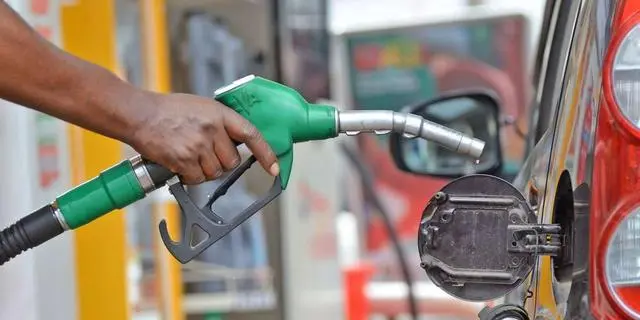According to the International Monetary Fund, high debt servicing costs continue to be an increasing concern, despite the fact that Nigeria and other low-income borrowers have not yet requested any debt relief.
The multilateral lender stated in a recent report that the good news was that, since Ghana’s request more than a year ago, there had not been a significant request for complete debt relief from a low-income nation.
The IMF praised Nigeria and three other nations for their recent improvements to their subsidy policies, which would free up funds for development expenditures and increase revenue.
It stated, “Countries must take action in order to build resilience in the face of these trends. Some nations have made headway; Angola, The Gambia, Nigeria, and Zambia, for example, have implemented reforms to energy subsidies that are big enough to free up funds for development.
It did, however, voice concern that many nations were falling behind, particularly when it came to initiatives aimed at boosting income, such expanding the tax base, cutting tax breaks, and improving the effectiveness of tax administration.
In 2022, for example, the average revenue share of Sub-Saharan African nations was only 13 percent of GDP, while other rising and developing economies generated 18% and advanced economies 27% of GDP.
Furthermore, people who are highly vulnerable to debt cannot afford to wait. To increase growth and increase revenue from that growth, policy changes are required. One such reform is the reduction of taxes. The paper continued, “This will immediately improve countries’ key debt metrics and ensure they can avoid a costly debt crisis.”
By the conclusion of the third quarter of 2023, Nigeria’s public debt profile had risen to N87.91 trillion, according to the Debt Management Office.
The Federal Government intends to pay off its debt with N8.25 trillion in 2024. Economic experts have criticized the statistic, which stands at 45% of anticipated income. The World Bank has issued a warning that unless significant reforms are carried out, Nigeria’s debt service-to-revenue ratio will reach 160% by 2027.


